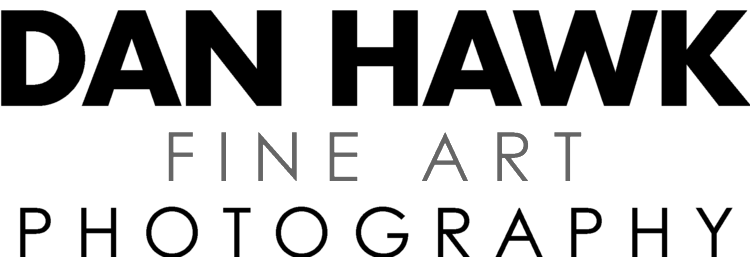Image from Digicame-info.com
I love gadgets. So it's no surprise that I make it pretty clear what I'm using, and occasionally, what I find intriguing. About a year and a half ago I bought my first modern digital Interchangeable lens camera and as I detailed here, I chose the Sony NEX system.
Sony is a company that has shown a willingness to push the boundaries. Here are some examples: Release of the NEX (First mirrorless APS-C system), RX-1 (First Full Frame fixed lens Mirrorless camera), Focus peaking system, and the Alpha SLT system. They make the sensors used in Nikon's flagship Full frame cameras and the sensor used in the iPhone 5 and 5s.
So, with the release and subsequent success of the RX-1 it isn't that much of a surprise that Sony is only a few days from releasing an interchangeable lens Full Frame Mirrorless system. It will use the same lens mount as the NEX system and the first 2 models will carry a center-mounted Electronic Viewfinder.
Digicame-info.com posted a couple photos which have been confirmed by Andrea at Sony Alpha Rumors. To my eyes, the camera looks like a hybrid. The body and top controls are like an RX-1, the grip and mount are from the NEX bodies, and the hump on top of the body for the EVF that looks like an old school pentraprism box.
There have been quite a few exceptional photographers that have moved to mirrorless systems as their primary kit over the past couple years. Trey Ratcliff recently started using the NEX 7 for his epic landscapes. Zack Arias is a hardcore Fuji X series user. TED photographer Duncan Davidson has been using the RX-1 as his main camera for day-to-day use. Aaron Courter, who is an exceptional Portland based photographer and a long time friend has been incorporating the Fuji X cameras into his personal work, wedding and portrait business with great success.
I'm in love with the Sony NEX. I never even considered a DSLR camera because of the size, the weight and what I perceived to be its imminent demise. Up until now, you couldn't really get the same image quality and crazy shallow depth of field from a mirrorless camera, but I think the A7 and A7r will be the start of a large scale move away from large DSLR bodies for most photographers.
Sure, there are some times when the larger camera really makes sense. The Mirrored design still allows for faster focusing in sports contexts and there is certainly an expectation in event photography that will take awhile to pass. In addition, the larger bodies do have many features still missing from the new breed of mirrorless cameras and certainly handle big glass much better.
This is a moment. It feels like the rise of ultra portable notebooks such as the Macbook Air which have almost negated the need for more powerful desktops for all but the most demanding of users. I believe we are witnessing the birth of the future of photography.
